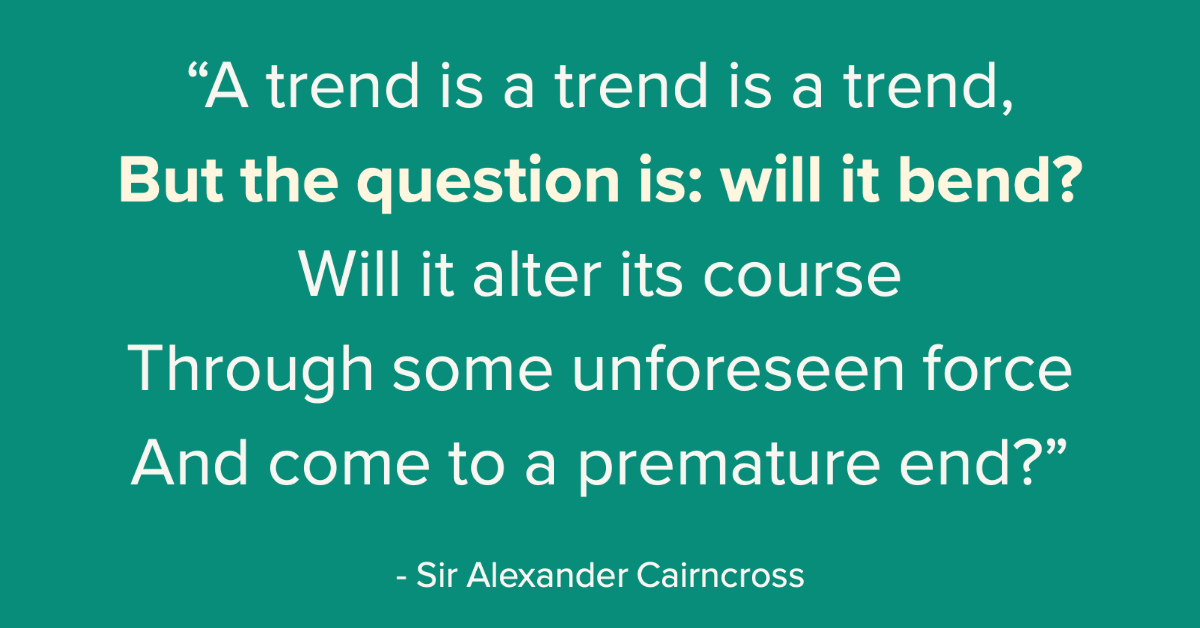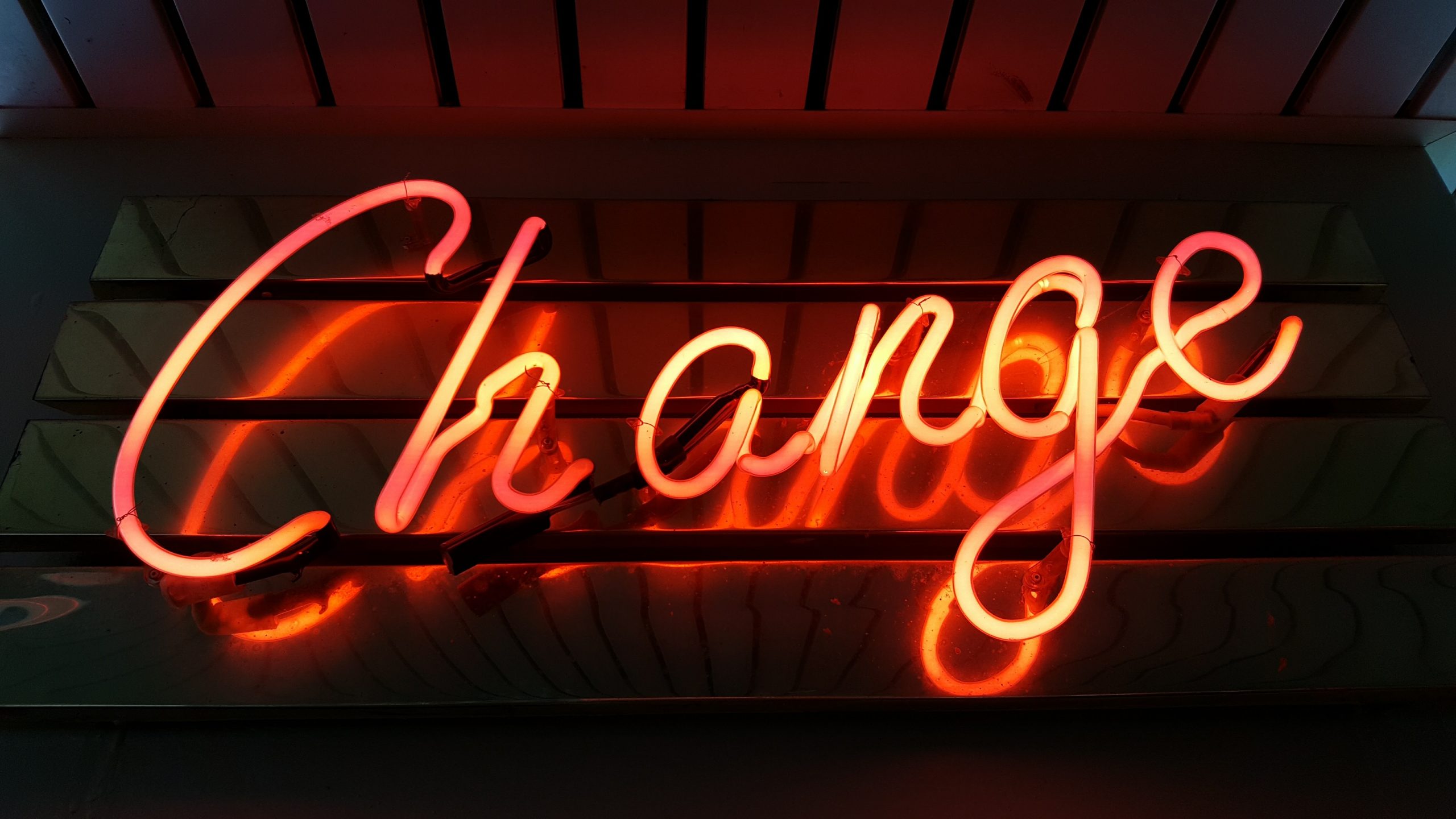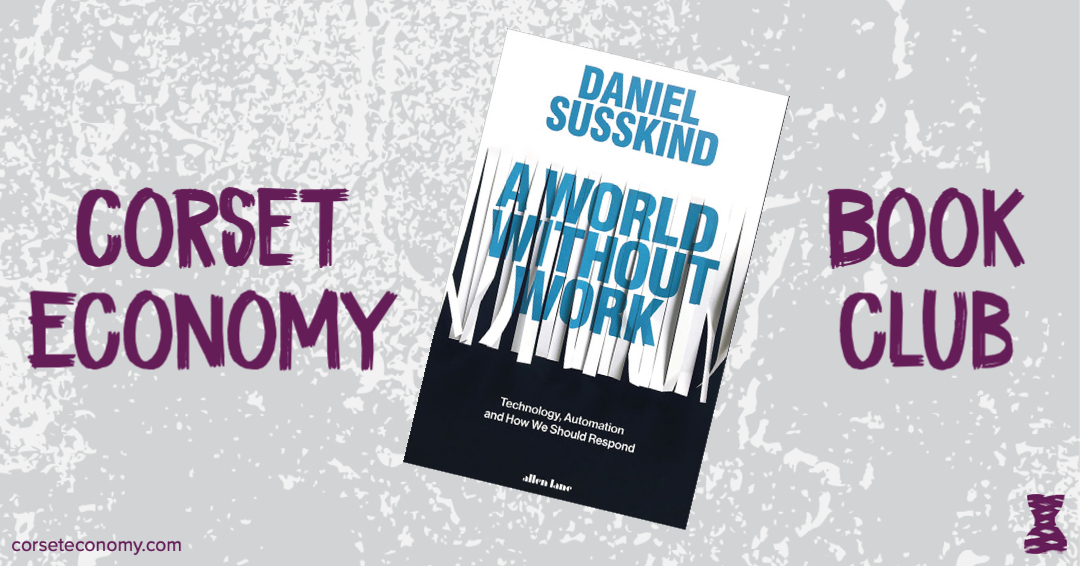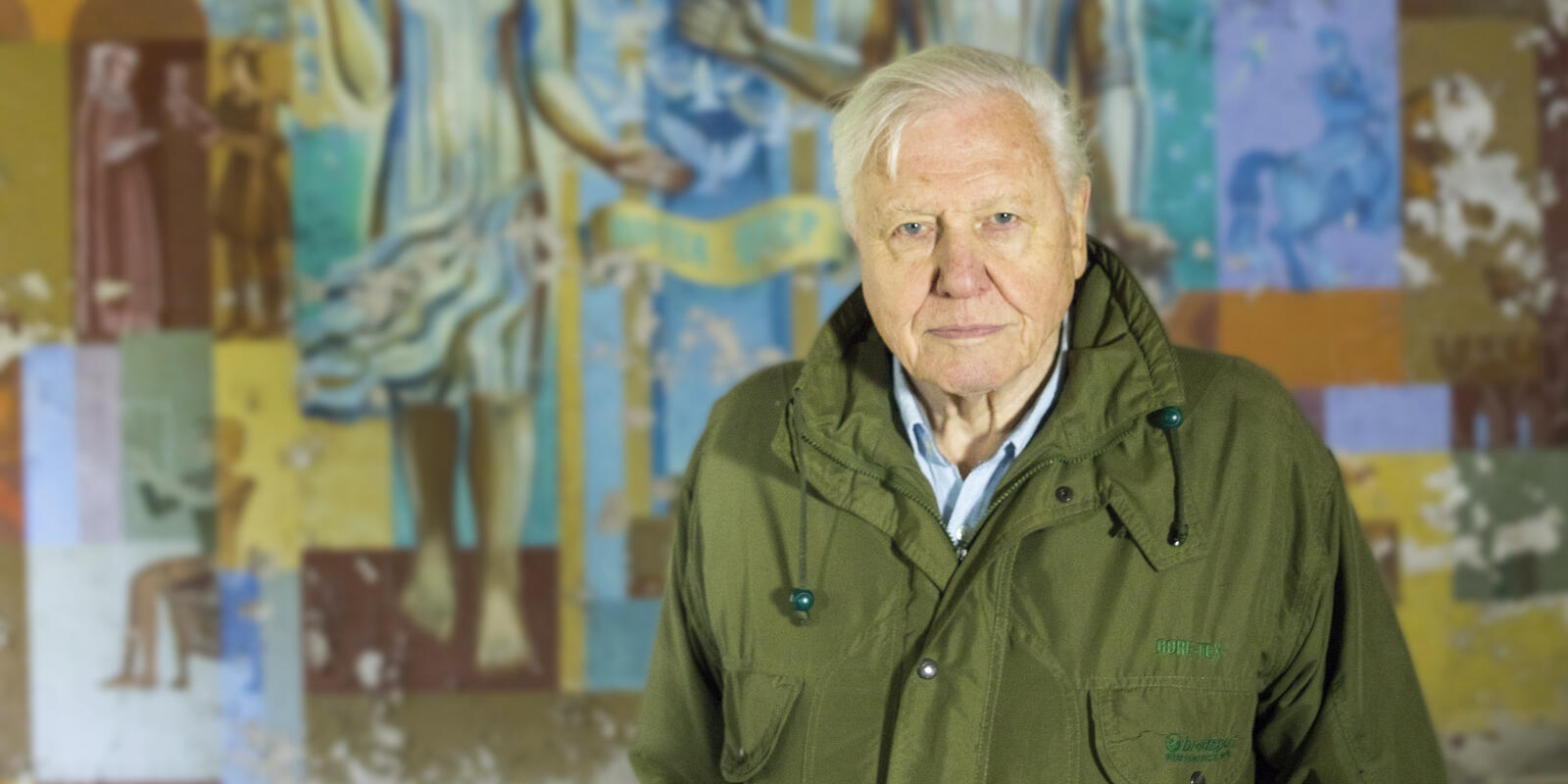Trendwatch: how predictable is that trend?
Trends take many forms. Some trends can be predicted, while others are fundamentally uncertain. It is not always easy to identify levels of predictability, and sometimes when one looks more widely, or looks at a trend from another angle, it no longer seems as predictable as it once did. Read more to learn how to start seeing trends where you didn’t before.






